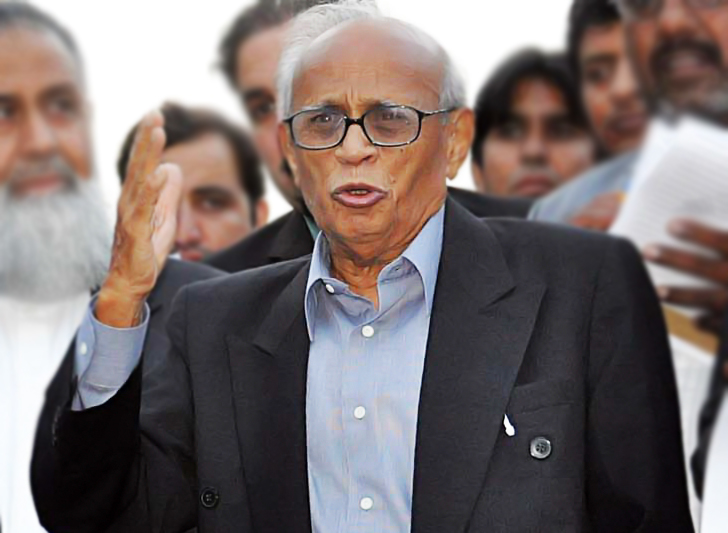

The Constitution does however make it clear there can be no outside interference, from any direction, with the powers of the CEC in this respect very clearly laid out. It is this that Justice Ebrahim appears to be attempting to stress — the say of the Election Commission of Pakistan (ECP) in the matter should not have been challenged. The former CEC, who took the country through its first peaceful democratic transfer of power, is also said to be displeased with the response of other ECP members and the consequent failure to act, as he saw things, according to the law. The legal debate on the whole matter can probably go on for a very long time indeed. But there are some lessons we must take on board. They will serve us well in the future. The most important among these is the need to follow the Constitution in all matters — in letter and in spirit and this also means that the boundaries that it mandates for all institutions of state must be respected by the various pillars of state. The Constitution lays down in much detail precisely what is to be done in various situations. There is very little ambiguity on most issues and simply adhering to what the Constitution says should in most cases keep us well out of the trouble we appear to tumble in to every now and then.
Published in The Express Tribune, August 2nd, 2013.
Like Opinion & Editorial on Facebook, follow @ETOpEd on Twitter to receive all updates on all our daily pieces.
COMMENTS (2)
Comments are moderated and generally will be posted if they are on-topic and not abusive.
For more information, please see our Comments FAQ
1731570357-0/elon-musk-(1)1731570357-0-405x300.webp)
-(1)1717678110-0/Kendrick-(1)-(1)1717678110-0-165x106.webp)










Fachru bhei, Zindabad. Here is man who has the courage to resign. But before that he made startling revelations, like He speaks of physical threats to him and his family. Most damagingly, he reveals that whereas he wanted to resist the Supreme Court order that changed the date for the presidential election from August 6 to July 30, three of his colleagues in the Election Commission refused to stand with him. So the good news is that one person is great but the bad news is that he was accompanied by many rotten eggs. I say thank you. It has given a bad taste for the presidential elections. We Pakistanis take sides, not what is right, but whose side we take. When PPP PM was dismissed, not many uttered a word against SC. Now everybody is talking against SC as many side with a Punjabi Imran Khan.
It's common knowledge that Khurshid Shah, who was tasked with forming ECP allowed PMLN to appoint 3 of 4 commissioners, with Ebrahim being the exception. Free and Fair elections was just a pipe dream, in reality, PMLN had guaranteed its victory via ROs, late results and rigging.